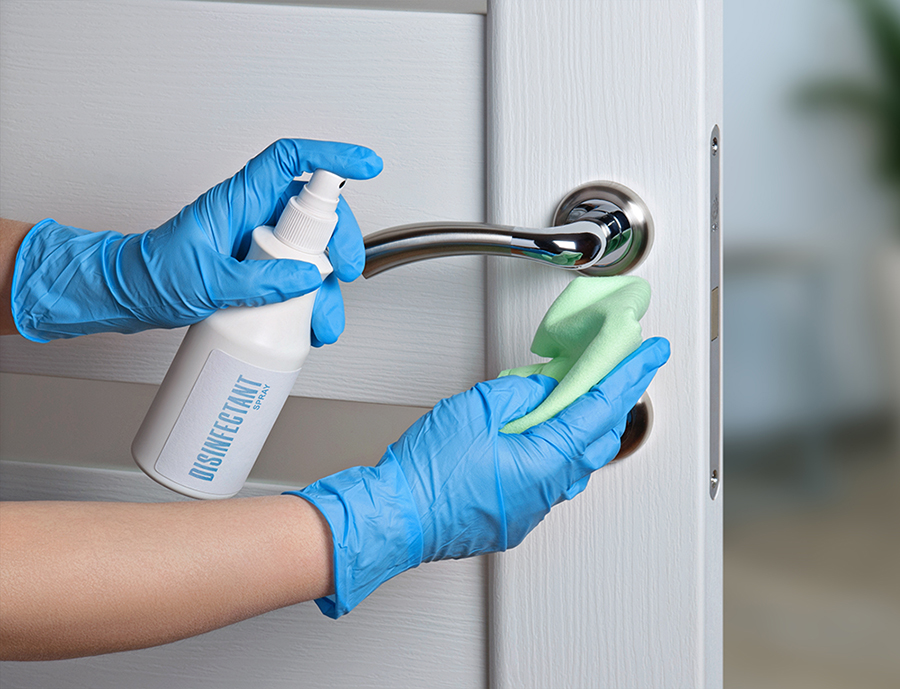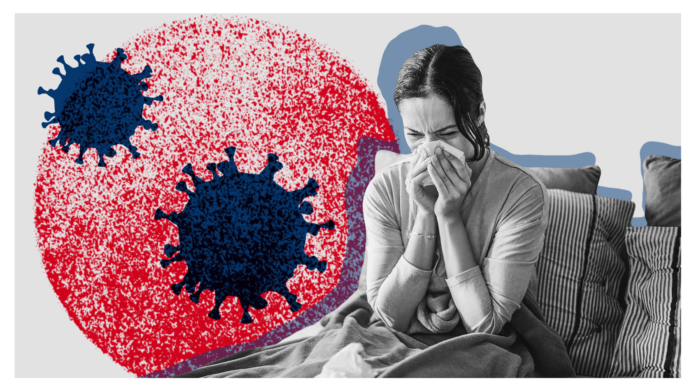The symptoms for COVID-19 ranges from almost none at all to requiring immediate hospitalization. While hospitalization is needed for those showing serious symptoms, those asymptomatic are advised to stay home. The recommended length of quarantine is 14 days. While staying at home is meant to stop the spread of the virus to the general population, staying at home poses a danger for your loved ones. Especially since you have none or minimal symptoms, you can’t be careless or else you might infect others.
Here are some steps to take when self-isolating:
Separate yourself from other people at home

One of the crucial aspects of self-isolating is to separate yourself from others at home, lest you might infect them. Some of the things you can do is to use a separate bedroom and bathroom. Other than that, you shouldn’t be sharing utensils, dishes, cups/glasses, bedding, towels, toothbrush, and other personal items. Don’t forget to wear a mask whenever you need to leave your bedroom or going to the balcony for basking in the sun or going outside to grab delivery food.
Disinfect the commonly touched surfaces

A healthy hygiene habit is also a must when you are in quarantine. Use soap to clean and disinfect high-touch surfaces in your area daily like a doorknob, phone, remote controls, tabletops, countertops, keyboards, tablets, counters, and others. Make full use of soaps and hand sanitizers to sanitize and wash your hands after coughing, sneezing, using the bathroom, and before and after eating.
Contact health care

As soon as you get a positive result from the PCR test, the clinics or hospitals from which you did the test will inform the nearest government’s public health center by your personal ID card. This is where the government will intervene to make sure you will be properly cared for. They will check your conditions, monitor your house, and checking if you’re doing self-isolation right. Additionally, they will offer and give some prescriptions for vitamins, immune boosters and medicines. Contact numbers will be given just in case you need proper consultation if the symptoms worsen.
Monitor your symptoms

Ideally, patients are advised to do daily check-ups twice a day. Prepare a thermometer and a pulse oximeter to measure your temperature as well as your oxygen saturation (make sure your levels are above 95). Take note if you’re beginning to cough or have shortness of breath. If you do begin experiencing symptoms, contact the number of your health care provider or use telemedicine to seek guidance from home.

In order to stay healthy and maintain your condition, boosting your immune system should be at the top of your list. First, get some rest and have a good sleep. Sleep in a dark room, keep a regular bedtime and wake-up routine. If you are tired mid-day, don’t hesitate on taking a nap during day. Secondly, eat proper healthy food and keep your body hydrated. Don’t forget to take multi-vitamins that are already prescribed by the doctor. Finally, you need your daily dose of vitamin D. So feel free to bask in the sun on your balcony or the roof while wearing your mask.
Have you practiced any of these tips during the quarantine period? Do you have any other tips? Share your experience with us in the comments section below!





